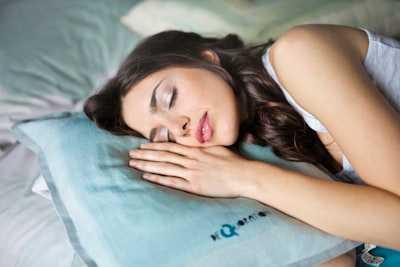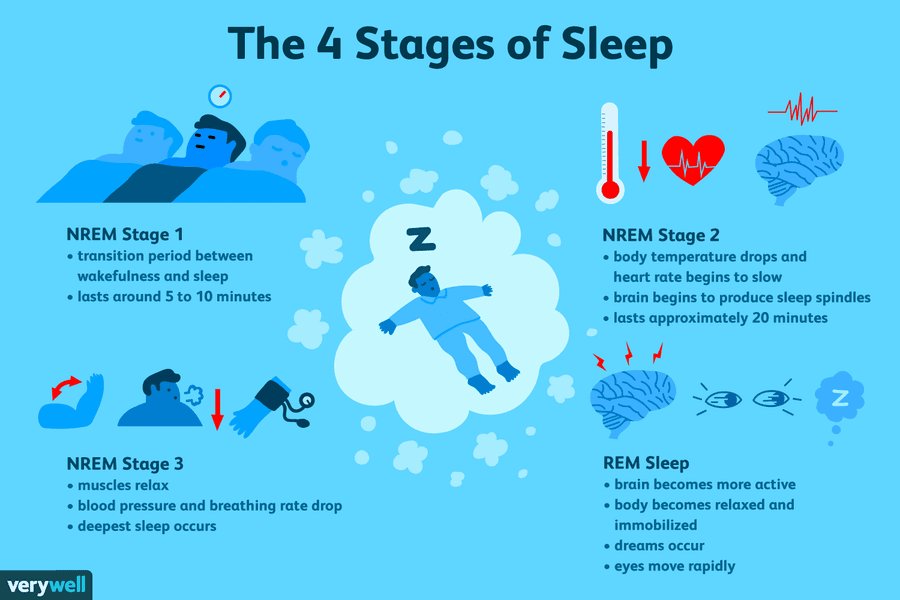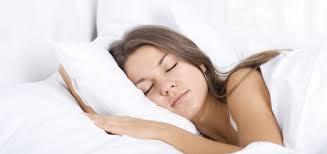Alcohol before bed boosts your sleep
It may help you fall asleep, but it dramatically reduces the quality of your rest that night. It particularly disrupts your REM (rapid eye movement) stage of sleep, which is important for memory and learning.
You will have slept and may have nodded off more easily, but some of the benefits of sleep are lost.
124
541 reads
CURATED FROM
IDEAS CURATED BY
The idea is part of this collection:
Learn more about health with this collection
How to create a cosy and comfortable home environment
How to cultivate a sense of gratitude and contentment
The benefits of slowing down and enjoying simple pleasures
Related collections
Similar ideas to Alcohol before bed boosts your sleep
Sleep Stages
- Stage 1. Your breathing slows as well as your heartbeat, eye movement, and brain wave activity. Your muscles begin to relax.
- Stage 2. Your breathing, heartbeat, and brain wave activity continue to slow. Eye movements stop.
- Stage 3....
Know your sleep stages
Different phases of sleep confer different benefits on the brain and body, so you can actually hack your nap by adjusting when you nap and for how long.
The first 20 minutes of your nap are spent in Stage 2 sleep, which provides energy and alertness. Stay asleep longer and you’ll enter slow...
How alcohol affects sleep
A lot of the symptoms associated with a hangover are a product of sleep deprivation.
Alcohol affects our ability to get into what is known as rapid eye movement (REM) sleep, the bulk of which occurs in the last two-thirds of the night. As a rule of thumb, it takes ...
Read & Learn
20x Faster
without
deepstash
with
deepstash
with
deepstash
Personalized microlearning
—
100+ Learning Journeys
—
Access to 200,000+ ideas
—
Access to the mobile app
—
Unlimited idea saving
—
—
Unlimited history
—
—
Unlimited listening to ideas
—
—
Downloading & offline access
—
—
Supercharge your mind with one idea per day
Enter your email and spend 1 minute every day to learn something new.
I agree to receive email updates



